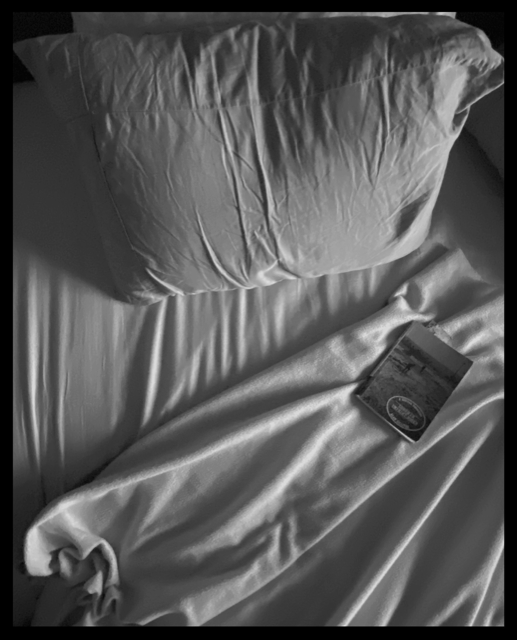
I’ve not been sleeping well these past couple of years. I know I’m not the only one who has had a persistent plethora of pandemic concerns, but I’ve also been struggling with an issue that has dogged me even longer than that.
Fortunately, this “issue” has been “resolved” over the past few weeks, and I could literally feel the years of constant stress and aggravations dissolve. Still, I still wasn’t sleeping. Or rather, I was sleeping in fits and starts.
My favorite pillow, my old reliable, was once supremely comfortable. I’m not sure your favourite pillow starts out that way, yet over time you get used to where you lay your head each night, This particular pillow was the type you could lightly bunch up to read or watch television. I liked this pillow so much I ignored the other pillow on my side of the bed.
Times change, or pillows change, and (like each of us) they grow old.
So I bought a new pillow a few days ago after sensing the pain in my neck was more than continued mental strain. I have been restless too long. My neck was sore in the morning and the rest of my body was stiffer than it used to be.
I went to stores, studied the selection of pillows, and compared the models and with the same concentrated attention you would use to select a new pair of sneakers. I looked closely at the varying level of firmness, the materials used (debated natural over synthetic) and structure of the pillow.
I settled on “medium support” recommended for those who sleep on their backs or sleep on their sides. I do both, perhaps because I would often adjust myself in the middle of the night, continually trying to get comfortable. Realistically you would say I tossed and turned.
We are all looking for comfort, particularly at 3:13 a.m.
Saturday night I started my sleep on my back, drifting off after I began reading a book from a friend. I was still in that position when I woke up Sunday morning. Now, I may have adjusted myself in the night (I honestly don’t remember; it was that deep of a sleep) but I was on my back when I awoke. The next night was much the same. I woke calm and unconcerned. I felt comfortable, again, when I woke up on my back (again).
I believe I have found the comfort I was looking for. More so, I seemed to have found the comfort I needed (and deserve). I believe the new pillow is responsible.
I think we should all seek comfort in our lives and make the adjustments necessary to reach that goal.
You end your days on a pillow and begin them there as well. Shouldn’t the hours between be in your best interest? Your bed is the one spot where you spend a third of your life and you return to it daily. It’s only right that your bed remains comfortable in these days of disillusion and discomfort. When you are well rested, it should that make for betters days ahead.
 We take all dreams with a grain of salt.
We take all dreams with a grain of salt.


